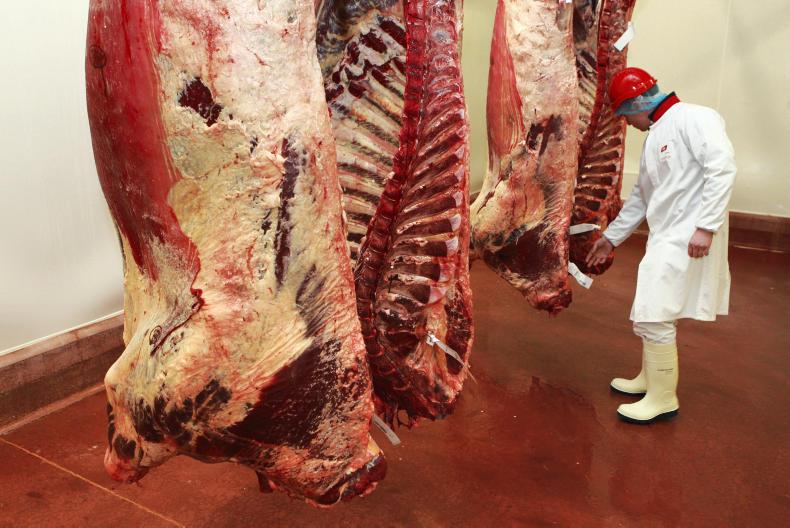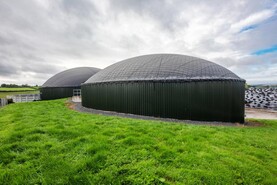The reduction in the parts of a beef carcase that will be classified as Specified Risk Material (SRM), and therefore no longer require rendering, could be the first benefit coming to livestock farmers as a result of NI being approved for BSE negligible-risk status.
Value
That change was confirmed last week, and will reduce disposal costs in factories, allowing processors to utilise and add value to more parts of the carcase. Ultimately, it should also lead to a review of kill charges paid by farmers.
Previous estimates suggested that moving from controlled-risk to negligible-risk BSE status would see a 60% reduction in the volume of material that requires rendering or incineration, with estimated savings of £1.2m per year. However, at present, farmers are paying around £3m per year for waste disposal at slaughter, a cost that averages over £7 per head.
The estimated savings would be worth approximately £3 per head.
But before these savings can be realised, Conall Donnelly, chief executive of the NI Meat Exporters’ Association (NIMEA) maintains that DAERA needs to firstly set out specifications for processors. These should detail exactly what is required for product that was previously rendered, to allow it now to be classed as animal by-product (and used in pet food, for example).
“There are potential quick wins for disposal volumes, but in several respects, our members’ ability to maximise the opportunity depends on a proportionate approach from the department,” he said.
Charges
He also maintained that the overall impact on disposal costs will be up to individual processors and will depend on the effect that negligible-risk status has on the rendering market in NI (Linergy and Foyle Proteins).
With substantially less SRM to be disposed, rendering costs for material still classified as SRM could increase on a per-unit basis.
Under BSE controls, parts of the skull and spinal cord still require rendering in negligible-risk regions, whereas the tonsils, spinal column, intestine and tissues around the intestine are no longer SRM.
Although NI was approved for negligible-risk status by the World Organisation for Animal Health last week, it will not officially change its BSE status until European Commission officials meet and a standing committee of member states rubber stamp the decision.
“This could be as far away as September, but the Commission will hopefully meet in July,” Donnelly said.
Trade
The longer-term benefit of receiving the lowest-risk BSE status is the improved reputation of NI beef in international markets and the potential boost to trade, previously estimated at £12m per year.
There are opportunities to develop existing markets in countries such as Hong Kong and Singapore, which limit beef cuts to cattle under 30 months and it could allow further progress in target markets such as China, South Korea and Japan.
“It has major potential for the sector here, but it is up to the government and industry to now make the most of it,” Donnelly said.






 This is a subscriber-only article
This is a subscriber-only article










SHARING OPTIONS: